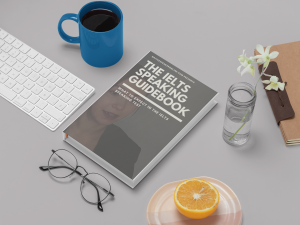Many IELTS candidates repeat the same simple vocabulary mistakes without realising it. Every nationality has its own particular common mistakes in English, but there are some errors that are frequent among learners of different backgrounds. Although it is not a good idea to become too obsessed with avoiding mistakes (because you will hesitate too much), there are a few simple mistakes that are very easy to correct. You can start now!
actually
The word actually is overused by many IELTS candidates. English native speakers normally use actually when giving surprising information, something that the listener is not expecting. For example:
A: What games do you play in your free time?
B: Actually, I don’t play games.
In this post, you can watch an IELTS candidate using the word actually correctly and also incorrectly.
been in
When we talk about places that we have visited, we say I’ve been to, not I’ve been in:
I’ve been to Italy three times.
How to say?
In English, questions need a subject noun or pronoun. If we want to express impersonal meaning in everyday speech and writing, we use the pronoun you:
How do you say it?
This post explains more about the impersonal ‘you’.
meet with
IELTS candidates often say that they like to ‘meet with their friends’ in their free time. In English, we do not meet with someone. We just say meet someone:
I often meet friends in my free time.
However, after the phrasal verb meet up, we do say with:
I like meeting up with friends in my free time.
something like this
The expression something like this is often used incorrectly. English native speakers normally use something like that to refer to what we said before and something like this to refer to what we will say. For example:
My brother looks something like this: he is very muscular, and he has a beard.
Have you seen an ancient Greek statue? My brother looks something like that.
In this post, you can watch an IELTS candidate repeating the phrase something like this incorrectly.
Although these types of mistakes are not serious, they can make the difference between natural English and unnatural English.

This FREE eBook Shows You What Kinds of Tasks and Questions to Expect in the IELTS Speaking Test.

Leave a Reply